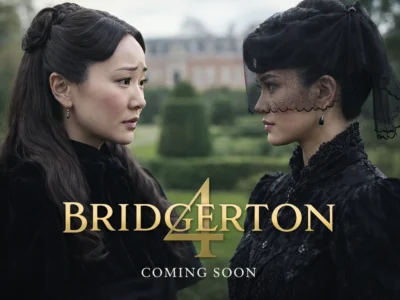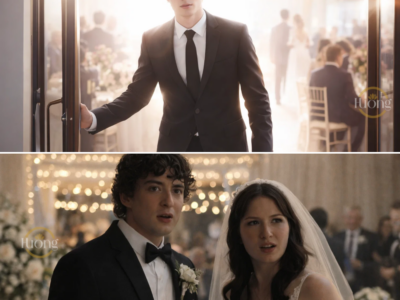Lots of superhero movies are milestones for the genre, but many of the most fondly-remembered films simply wouldn’t survive a modern audience.
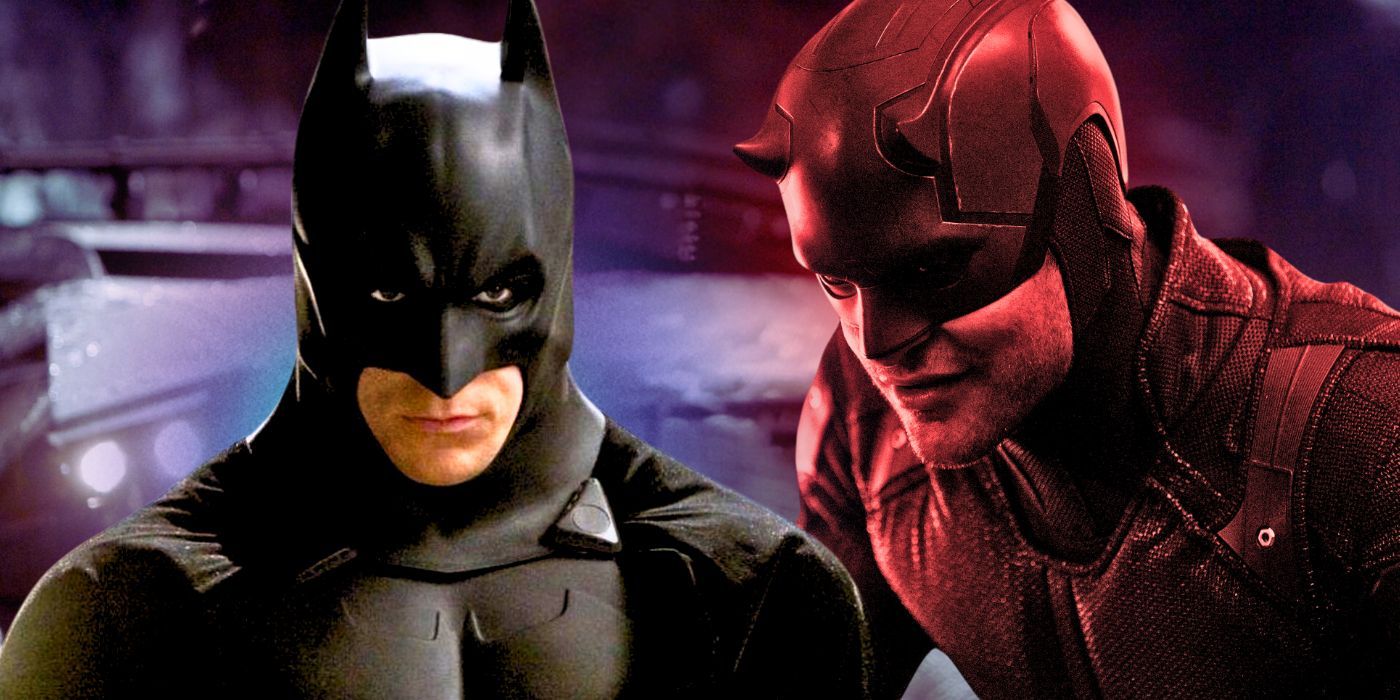
Plenty of superhero movies are fondly remembered for their impact on pop culture today, but many of the most classic films in the genre wouldn’t be well-received if released today. From the silliness of 1966’s Batman to the enduring popularity of Marvel Cinematic Universe movies today, the comic book movie has come a long way. Yet time hasn’t always been kind to the most prominent superhero stories in cinema history.
The sensibilities of movie-going audiences, particularly for superhero films, are a fickle thing. Trends come and go, and as the average fan’s familiarity with comic books in general increases, so too do the standards for adaptation, meaning that plenty of films considered classics in the superhero space wouldn’t get a second glance today. In addition to that, the particular reliance on special effects and CGI superhero movies have make them all products of their time, unlikely to stand up to modern expectations for visuals.
10. Spawn (1997)
The peak of 90s edginess
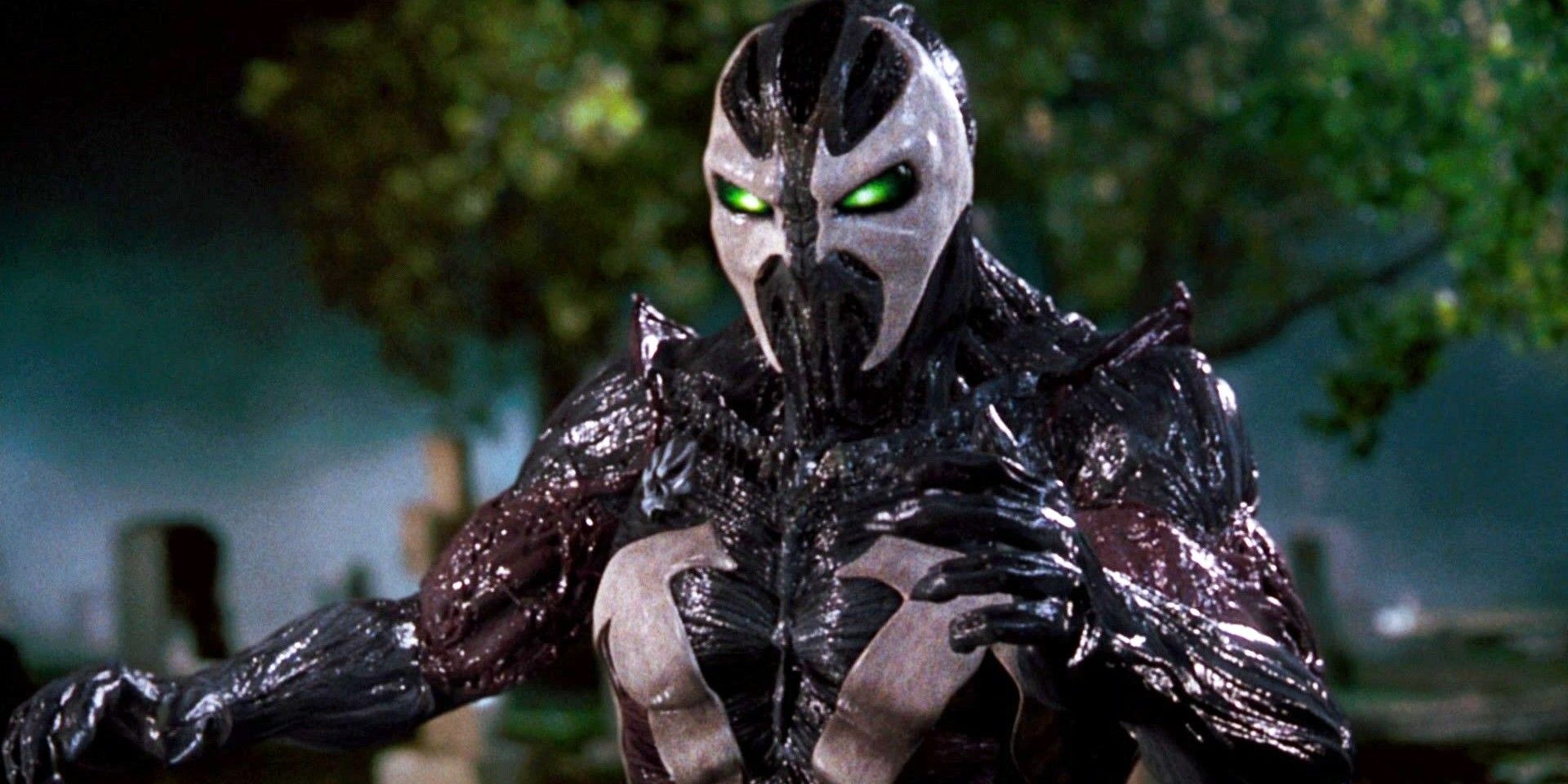
Though Spawn’s time dominating the world of comic books has largely come and gone, his eponymous film in 1997 is still fondly-remembered by many fans of the character to this day. Telling the story of Todd McFarlane’s classic character, Spawn guides fans and returning audiences alike through the origin story of the spectral crusader. The film stars martial arts legend Michael Jai White as the titular hero, making a literal deal with the devil to battle hellish forces on Earth.
Why Spawn Wouldn’t Be As Well Received Today
Charming though it is, Spawn is undeniably trapped in the moody gloom of edgy 90s aesthetics that have long since fallen out of favor. Once the appeal of this is stripped away, all that’s left are some so-so performances and a by-the-numbers superhero plot. The absolutely horrendous CGI, considered bad even for the time, would also be even more reviled by modern audiences, giving 1997’s Spawn no shot at surviving in a current moviegoing climate.
9. The Punisher (2004)
The definitive Frank Castle movie
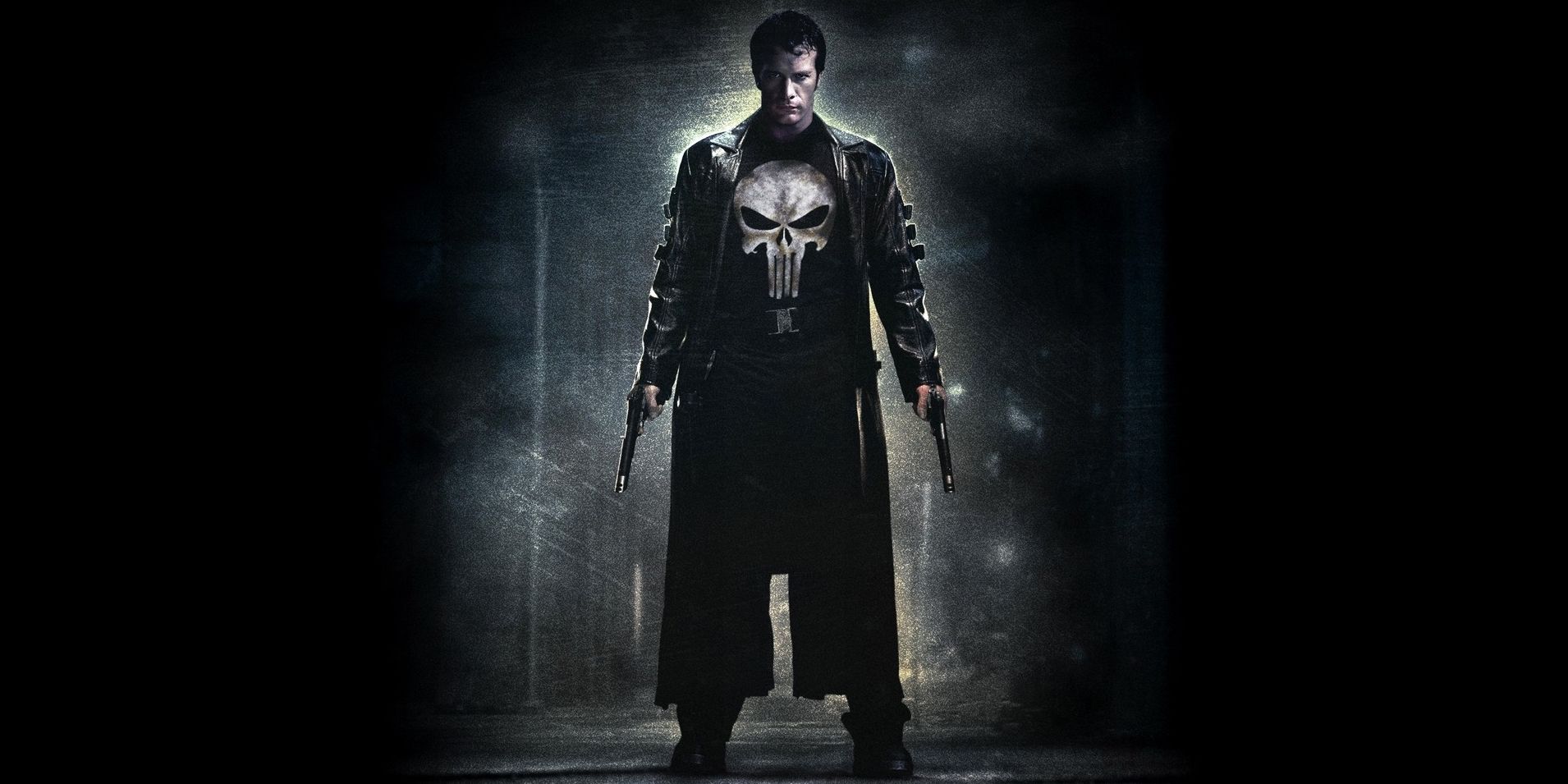
While the many disconnected movies starring The Punisher each have their own appeal, 2004’s version with Thomas Jane starring as the titular antihero is widely considered the best. A fairly straightforward revenge story, The Punisher works as an origin while still giving Frank Castle room to demonstrate why he’s the best at what he does — Mercilessly gunning down criminals. Praised for Thomas Jane’s charismatic performance and some grueling shootouts that deliver on the promise of a Punisher movie, if nothing else.
Why The Punisher Wouldn’t Be As Well Received Today
If released in the modern day, the simple fact of the matter is that Thomas Jane’s Frank Castle would stand within the shadow of Jon Bernthal’s incredible Punisher performance in Netflix’s Daredevil as well as his own spin-off show. If The Punisher released as-is today, public outcry over re-casting Bernthal would overshadow any positive aspects of the movie. John Travolta’s bizarre performance as the villain Howard Saint would also be a tough pill to swallow, especially in the wake of Travolta’s controversial current reputation.
8. Daredevil (2003)
Ben Affleck’s first brush with playing a superhero
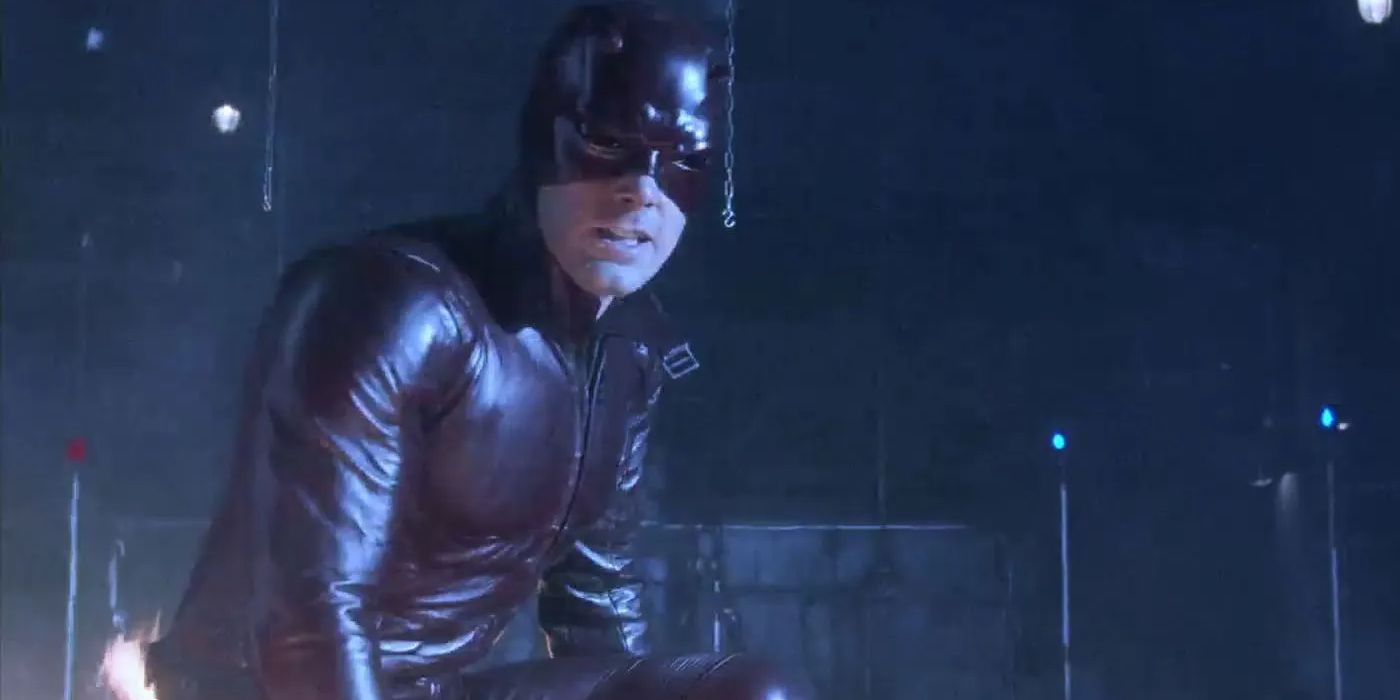
Long before he ever became Batman, Ben Affleck donned a different cowl in 2003’s Daredevil. Adapting Matt Murdock’s story in live-action for the first time, Daredevil was a modest success in its release year, starring some great performances, including Michael Clarke Duncan’s unique take on Kingpin and Colin Farrell’s hilariously over-the-top Bullseye as villains. The film went over Daredevil’s origin story, as well as his first fateful meeting with Elektra, who went on to have her own ill-fated solo film.
Why Daredevil Wouldn’t Be As Well Received Today
Daredevil wasn’t exactly a smash hit when it released in 2003, and over 20 years later, it’s safe to say the film would be outright reviled. Beyond the same bad CGI, boring cinematography, and lack-luster action scenes that audiences complained about in the early 2000s, Daredevil would be even more admonished for failing to stand to Charlie Cox’s take on the character. The film managed to squeak by on its release year, and without the good graces of being the first major Daredevil adaptation, whatever shaky ground the film had to stand on utterly crumbles away.
7. Batman (1989)
The first film to use Batman as a serious character
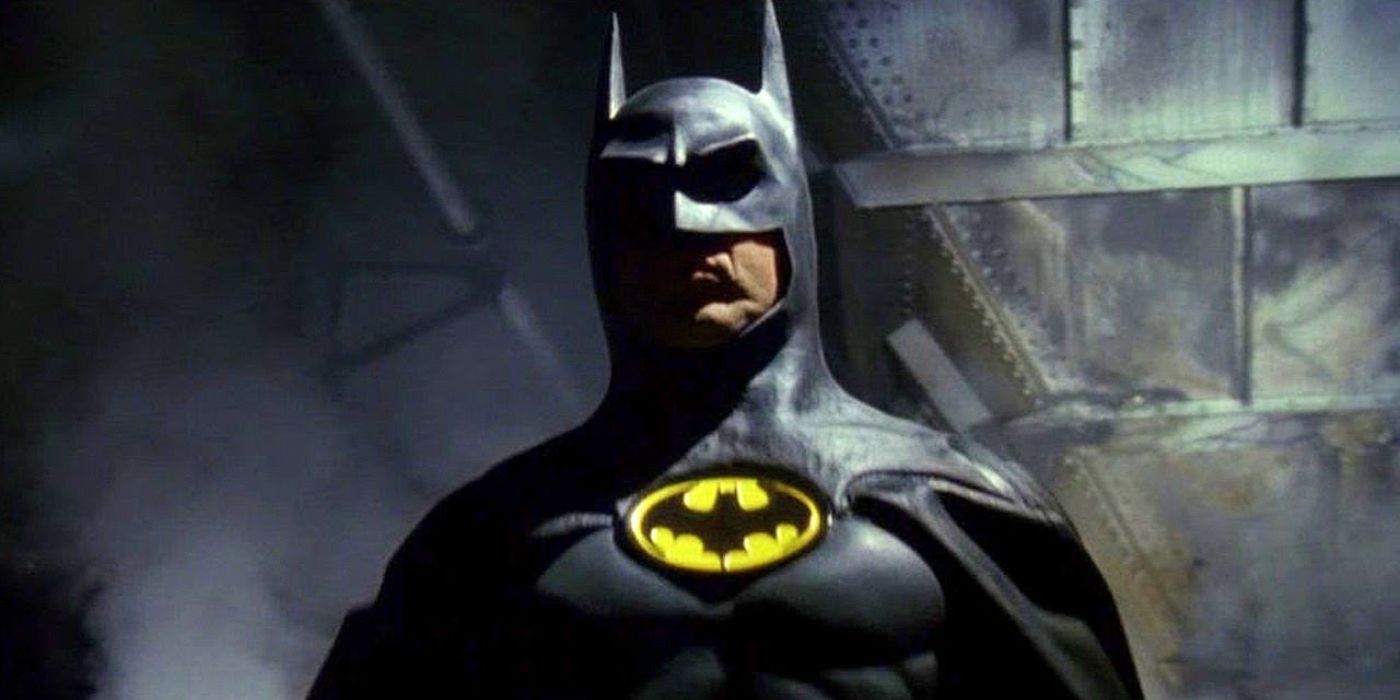
Tim Burton’s Batman was a visionary example of the heights superhero movies could hope to achieve. After 1966’s comedic take on the character was the last general audiences saw of Batman, 1989’s film of the same name was enough to completely re-construct the public perception of the hero in a single film. The daring gothic atmosphere, phenomenal cast, and iconic lines forever cemented the film’s place in the annals of comic book movie fame.
Why Batman Wouldn’t Be As Well Received Today
As great and revolutionary as 1989’s Batman was, it has certainly begun to show its age. Re-watches wiped clean of the fog of nostalgia reveals some clunky line deliveries, puzzling plot decisions, and the awkward stiff-neck of Michael Keaton’s Batman costume. Just because Batman was the first movie to have a dark take on the character doesn’t mean that no one else would’ve ever thought to do so, and in the incredible lineup of live-action Batman films that have come since, 1989’s entry just wouldn’t gel with modern tastes.
6. Batman Begins (2005)
Revitalized the Batman IP with a grounded story
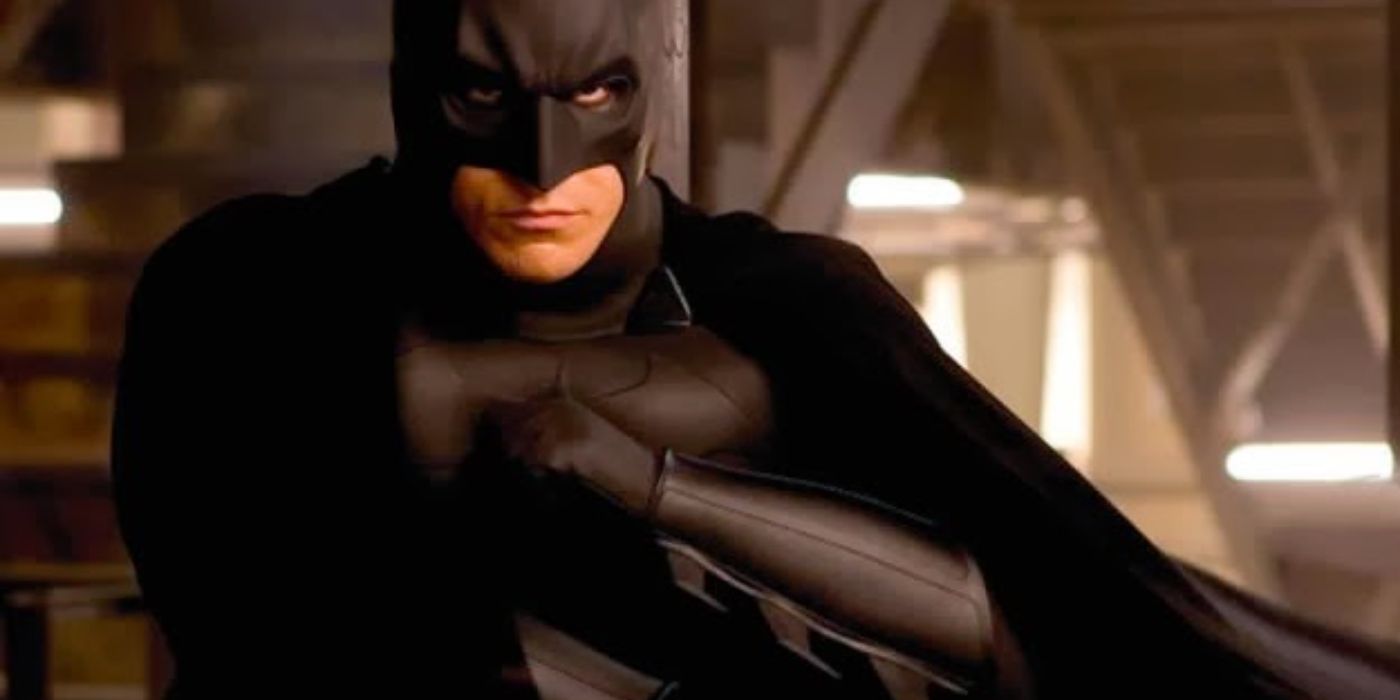
As Tim Burton’s original Batman timeline devolved back into silliness reminiscent of the 60s era, it was up to Christopher Nolan to once again legitimize Batman in the eyes of general audiences as a legitimately compelling character. To this end, Batman Begins is a solid start, even if it was overshadowed by the legacy of its sequel. True to its name, the film focuses on Batman’s origin in a way that hadn’t been done before, filling in the blanks between the childhood murder of Thomas and Martha Wayne and putting on the cape and cowl for the first time.
Why Batman Wouldn’t Be As Well Received Today
After the success of Matt Reeves’ The Batman, it’s hard to imagine that audiences would find Nolan’s vision for Gotham nearly as compelling if exposed to it for the first time today. Compared to Robert Pattinson’s Batman, Christian Bale is willing to let people die, and speaks in a hilarious, gravely monster voice that current viewers would struggle to take seriously. In a scenario in which The Dark Knight and The Dark Knight Rises were released as a standalone duology, Batman Begins would instead read as a needless prequel casting the now controversial Liam Neeson as a starring villain.
5. Blade (1998)
The blood-soaked romp through a vampiric world
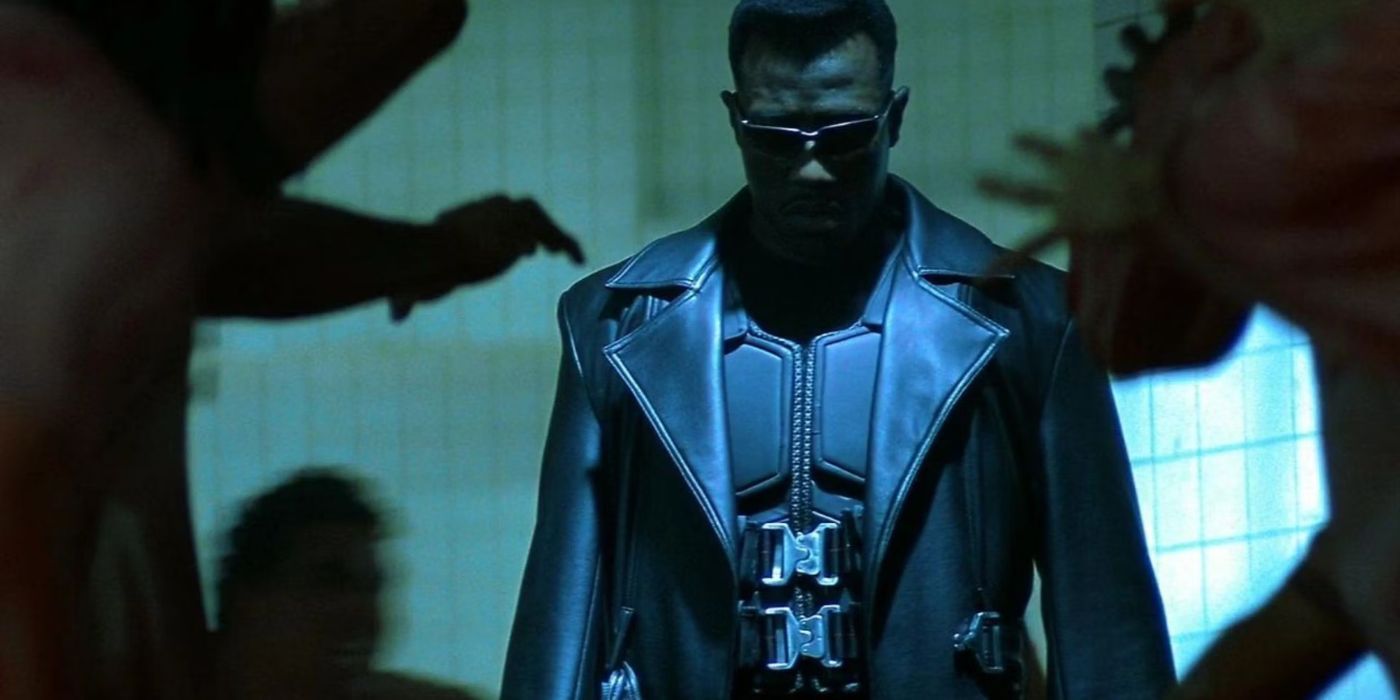
Blade deserves a lot of credit for breaking new ground in the superhero genre. The first Marvel movie to feature an African American protagonist and be rated R years before Black Panther or Deadpool were ever conceived, audiences hadn’t seen anything like Blade in 1998. The film chronicles its eponymous vampire hunter’s ongoing crusade against the undead, with deliciously over-the-top 90s bloodbaths.
Why Blade Wouldn’t Be As Well Received Today
If Blade were to come out today, it’s ground-breaking firsts would be nothing special, particularly losing out on being the first major R-rated comic book movie to Deadpool. Once this legacy is stripped away, Blade is left with some mildly-entertaining one-liners, over-the-top performances, and a by-the-numbers story that would likely fail to impress hardened modern critics. Beyond that, the upcoming release of 2025’s Blade reboot would further confuse matters.
4. Kick-Ass (2010)
The ironic subverter of superhero tropes
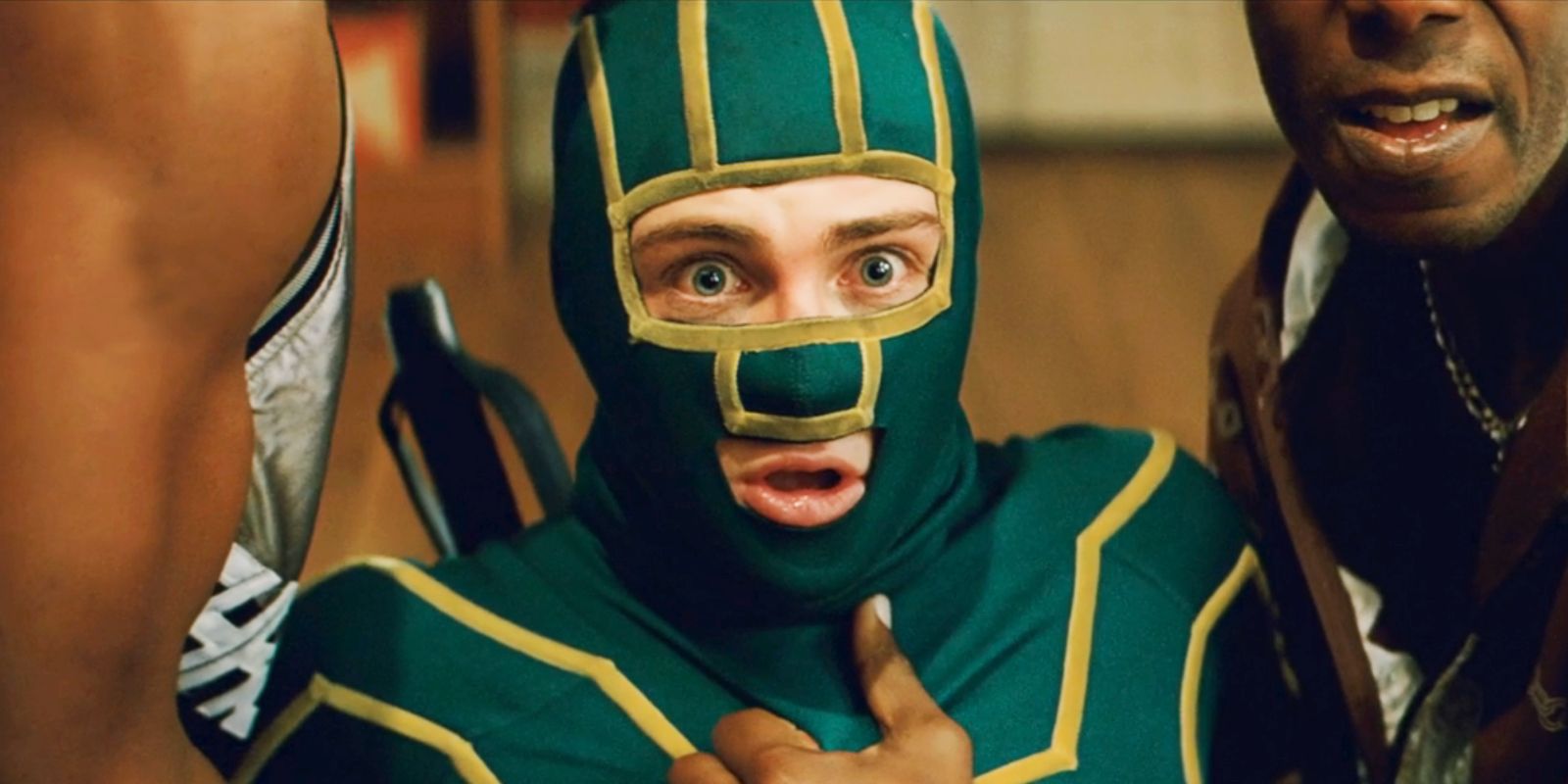
Based on the comic of the same name, Kick-Ass painted comic book stories in a new, ironic light audiences had never quite seen before. Superhero parodies like Mystery Men and R-rated comic book adaptations like Blade had already come and gone by 2010, but the two had never been combined into a single, all-encompassing package. The film tells the origins of Kick-Ass, a homemade hero desperate to prove himself in an increasingly violent world of masked vigilantes.
Why Kick-Ass Wouldn’t Be As Well Received Today
Kick-Ass‘ sense of humor is undoubtedly rooted in the midst of 2010s irony, fostering some very millennial comedic sensibilities that have aged surprisingly sourly in just-over ten years. After an influx of films like Deadpool and the relentless sarcasm of the MCU, it’s unlikely that present-day comic book movie fans would find a niche for Kick-Ass, relying on a gimmick of ultra-violence and ultra-irony that has since become very tired. The film’s utter lack of legacy despite its popularity at the time might be proof enough of this shift in values.
3. X-Men (2000)
The first real superhero team movie
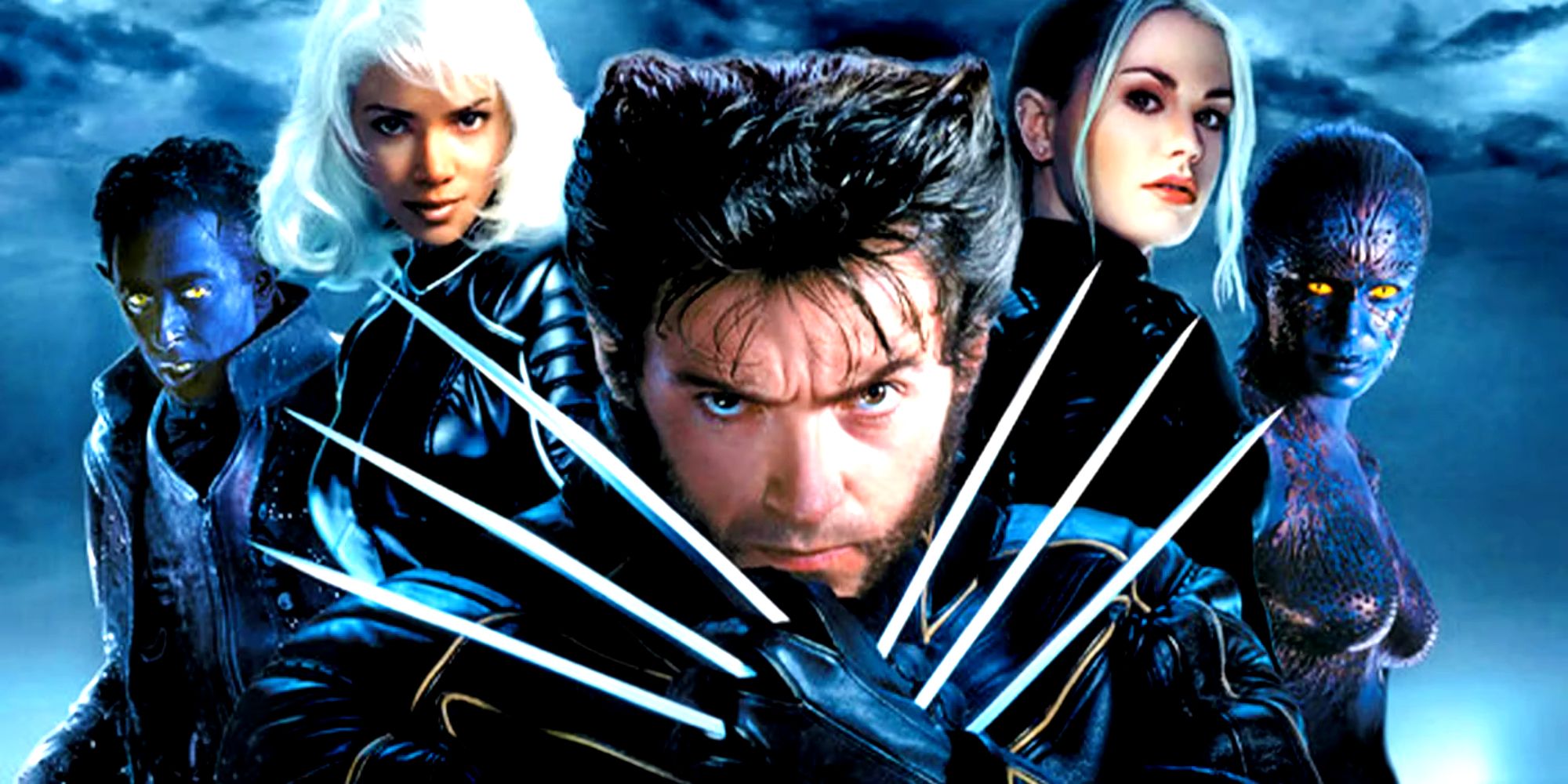
Kicking off the Fox X-Men timeline, 2000’s X-Men is the start of a long legacy for the iconic mutant team. Adapting the mythos of Xavier’s School for Gifted Youngsters in live-action for the first time, X-Men broke boundaries by bringing the series’ discrimination metaphor to life on the big screen for the first time. The film balanced an ensemble cast surprisingly well, pitting the evil Brotherhood of Mutants against the superpowered task force with a climactic battle at the Statue of Liberty.
Why X-Men Wouldn’t Be As Well Received Today
As superhero movies have become more popular, so too have the comics that inspired them. In this regard, Bryan Singer’s X-Men would come under fire for its various comic inaccuracies, particularly in regard to Hugh Jackman’s 6′ tall Wolverine, made out to be the central hero rather than Cyclops. Never mind the fact that Singer himself has since uncovered a ghastly reputation, one that would taint any projects to come out under his name in the forseeable future.
2. Watchmen (2009)
Zack Snyder’s superhero masterpiece
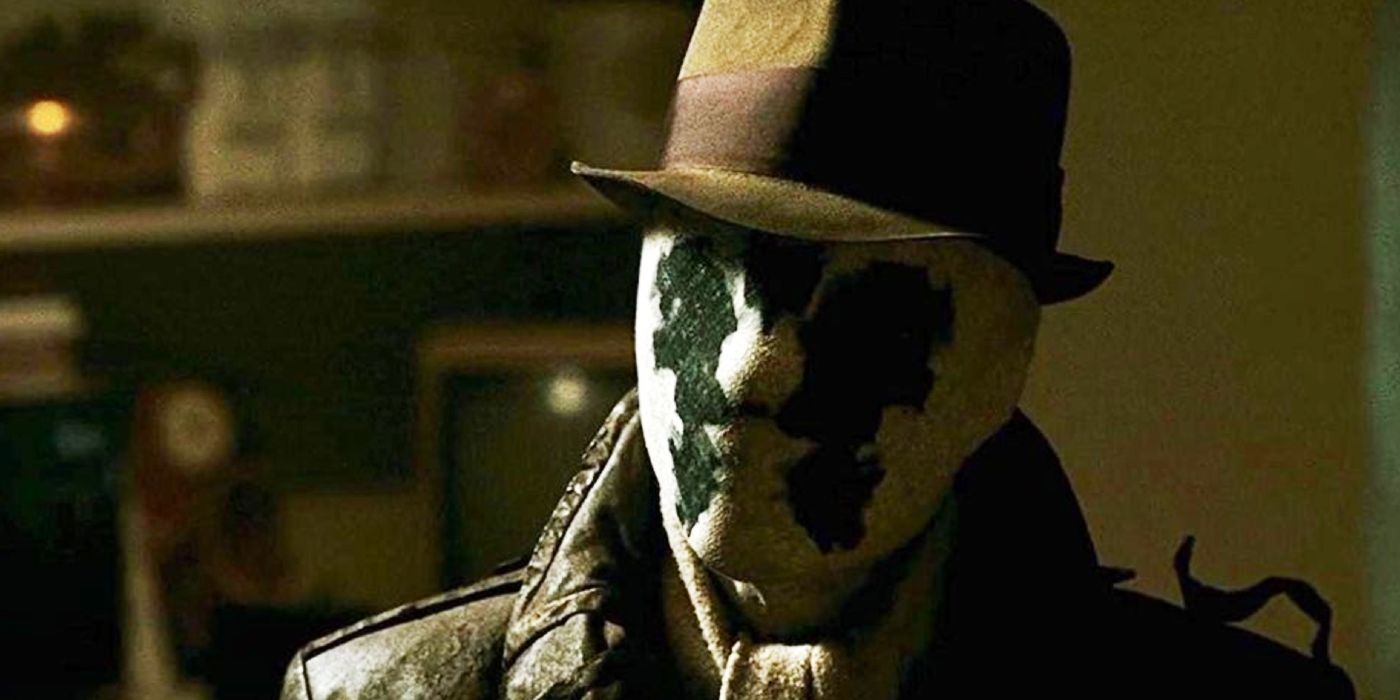
Of all the films in Zack Snyder’s varied career, Watchmen is widely considered to be one of the best. Adapting the famous Alan Moore novel of the same name, Watchmen’s ability to set up and navigate its gruesome world of heroes and political division. From Rorschach to The Comedian and Doctor Manhattan, the frightening alternate history of Watchmen and intense themes made it an instant classic, a worthy take on its source material.
Why Watchmen Wouldn’t Be As Well Received Today
As is the case with X-Men, the increased comic book literacy of the modern superhero movie fan would actually hurt Watchmen‘s reputation. Snyder’s obsession with making Rorschach look cool, or even morally heroic, goes against Alan Moore’s intentions with the character by a long shot, and arming audiences with more time to acknowledge this fact in the wake of HBO’s Watchmen series would surely negatively impact the film’s reception. Beyond this discrepancy, the increasing weariness of Snyder films in general in the modern age might pre-dispose many to dislike the film on mere principle.
1. Superman II (1980)
Pitted Superman against Zod for the first time
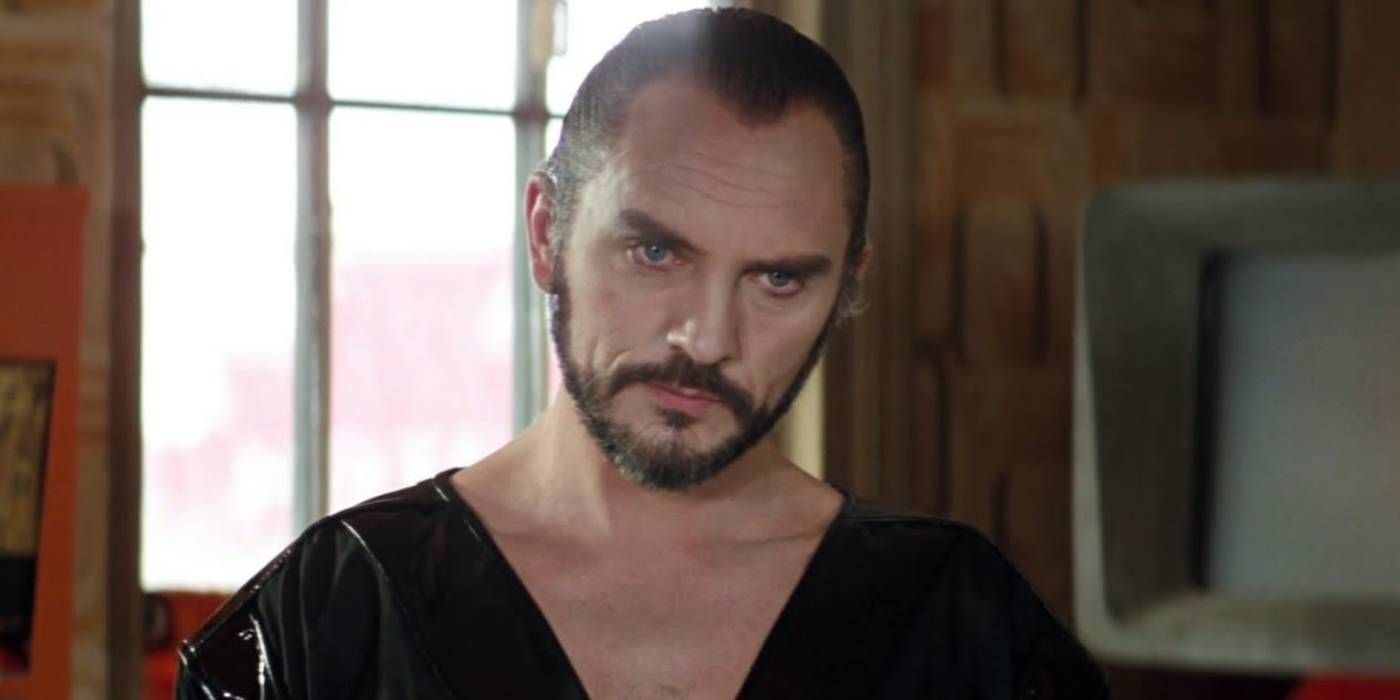
Following up the success of 1978’s Superman was no easy task, and Christopher Reeve had his work cut out for him on Superman II. Luckily, the film was able to deliver, and is considered to be one of the better entries in the original Superman franchise. The film introduces General Zod, a tryannical Kryptonian leader bent on conquering the Earth, with only Superman himself having the strength to stand against him.
Why Superman II Wouldn’t Be As Well Received Today
Superman II‘s shamefully low budget would make it a hard sell as a modern-day blockbuster, with Superman’s various strange powers like the infamous cellophane ‘S’ only further confounding longtime fans. Additionally, coming out after Man of Steel means that Terence Stamp’s ridiculous Zod performance would be inevitably compared to Michael Shanon’s excellent take on the villain, no doubt unfavorably. Superman II might be a fond memory for old guard superhero movie watchers, but it would completely fall apart when put up against modern expectations.

